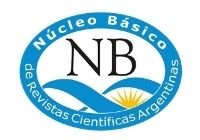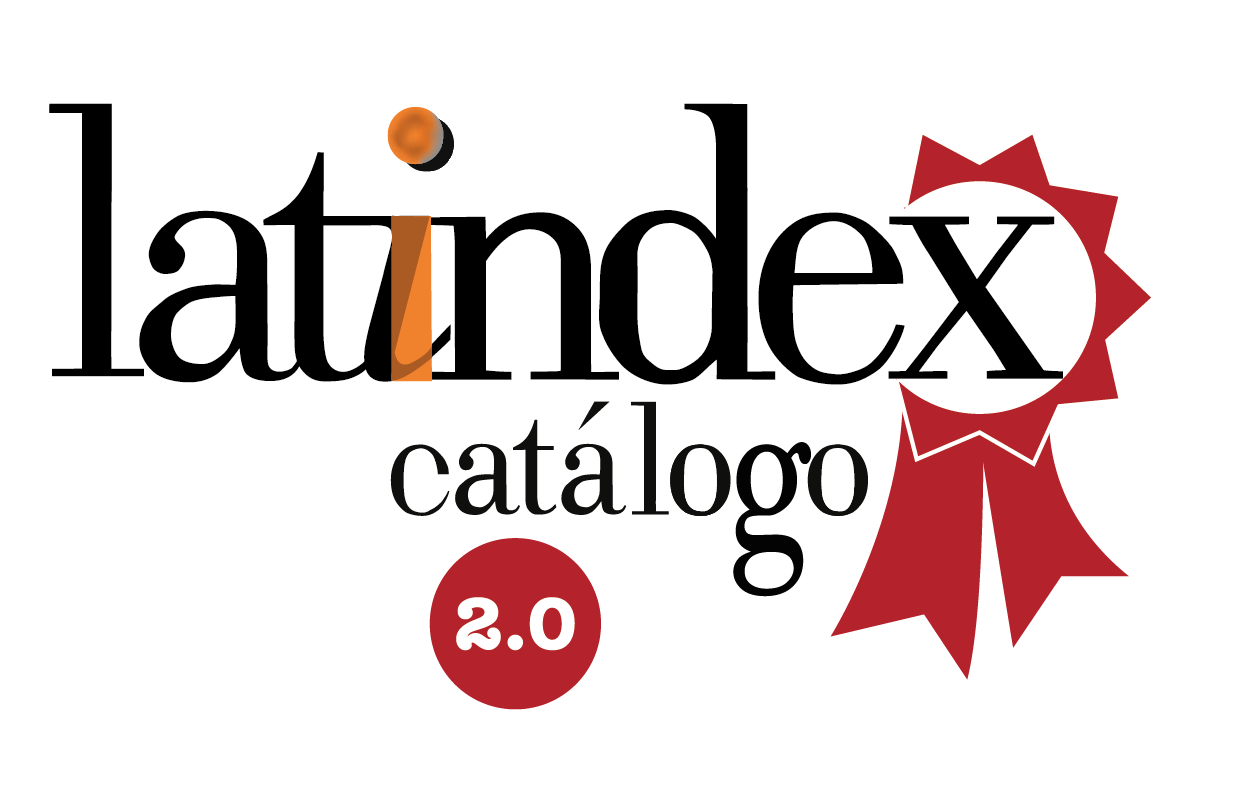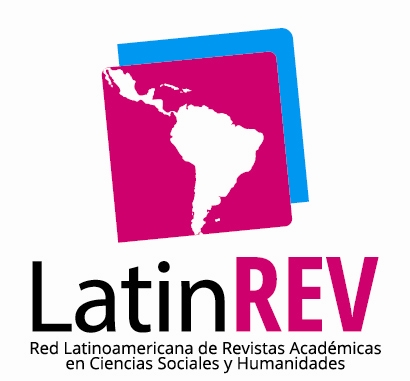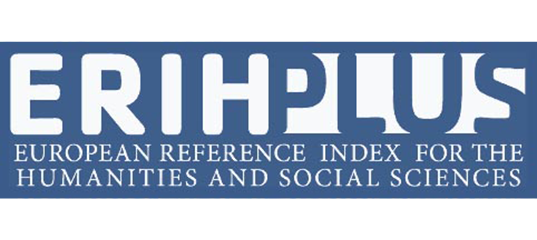Territorio y asistencia:
una vieja y actualizada relación
DOI:
https://doi.org/10.35305/cp.vi15.20Keywords:
assistance policy, territory, inequality, UruguayAbstract
In Uruguay since 2012, new programs aimed at extreme poverty has been developing. These proximity programs (Cercanías, Jóvenes en Red and Uruguay Crece Contigo) defi ne as innovative the work of proximity with recipients and the intersectoriality of the proposals and associated with this, a territorial approach. Recovering the historical link between assistance and territory and its current expressions, this paper seeks to analyze the way in which the territorial approach appears conceptualized and justifi ed within the design of those programs and the discourse of those who work in them as well as the tensions that arise during the implementation. It is argued that the territorial approach occurs while ignoring territorial segregation processes, expressed —among other aspects— through unequal access to goods and services. In consequense, interinstitutionality loses weight in the practice of the programs, while wroking with a target population gains relevance. This situation highlights a problem within these programs —and assistance policy, in general— referring to the individualization of poverty. It is understood that the existence and limits of these programs must be analyzed in the context of persistent social inequality.
Downloads
Downloads
Published
How to Cite
Issue
Section
License

This work is licensed under a Creative Commons Attribution-ShareAlike 4.0 International License.











